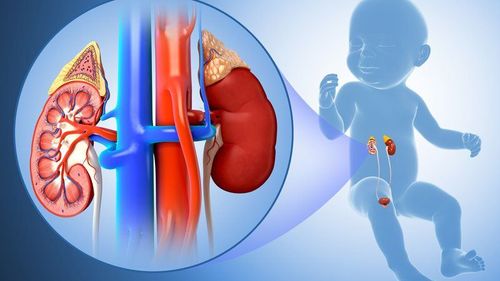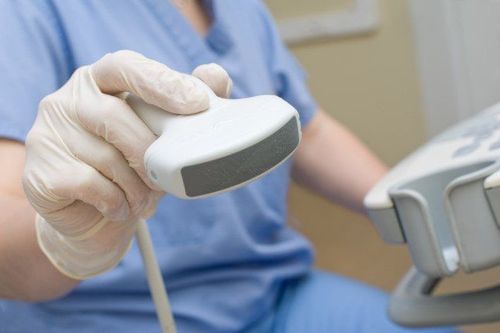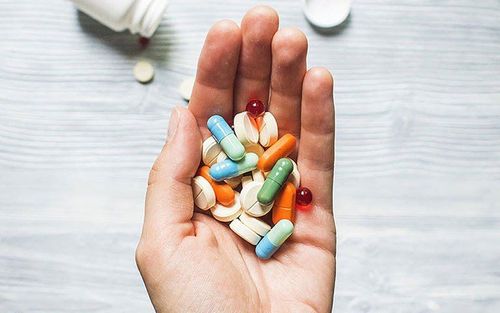This is an automatically translated article.
The article is professionally consulted by Master, Doctor Le Thi Minh Huong - Emergency Medicine Doctor - Department of Resuscitation - Emergency - Vinmec Nha Trang International General Hospital.The goals of pharmacotherapy are to reduce morbidity and prevent complications. Medications used in the treatment of chronic glomerulonephritis include ACE inhibitors, diuretics, calcium channel blockers, beta-adrenergic blockers, and alpha-adrenergic agonists.
1. Overview of chronic glomerulonephritis
Chronic glomerulonephritis is damage to the glomeruli that progresses slowly over many years. Characteristic manifestations of the disease include: edema, hypertension, proteinuria and erythrocytosis. The end stage will lead to increasingly serious kidney failure.Common causes of chronic glomerulonephritis are:
After an acute episode of glomerulonephritis ; After glomerulonephritis with nephrotic syndrome; Complications from systemic diseases (lupus, diabetes) or genetic diseases (Alport syndrome - hereditary nephritis). People with chronic glomerulonephritis may experience symptoms such as:
Dark, scum or red-brown urine due to blood; Foamy urine; Edema from mild to severe, repeated many times; Oliguria (little urination), the amount of urine varies depending on the stage of the disease; Hypertension; Anemia appears progressively worse, closely associated with renal failure; High blood urea causes vomiting, digestive disorders, bleeding, cardiovascular, neurological, breathing disorders and, most seriously, coma; Weight loss, nausea, fatigue, headache, itching, frequent urination at night, muscle twitching, cramps, nosebleeds...
2. What drugs do you take for chronic glomerulonephritis?
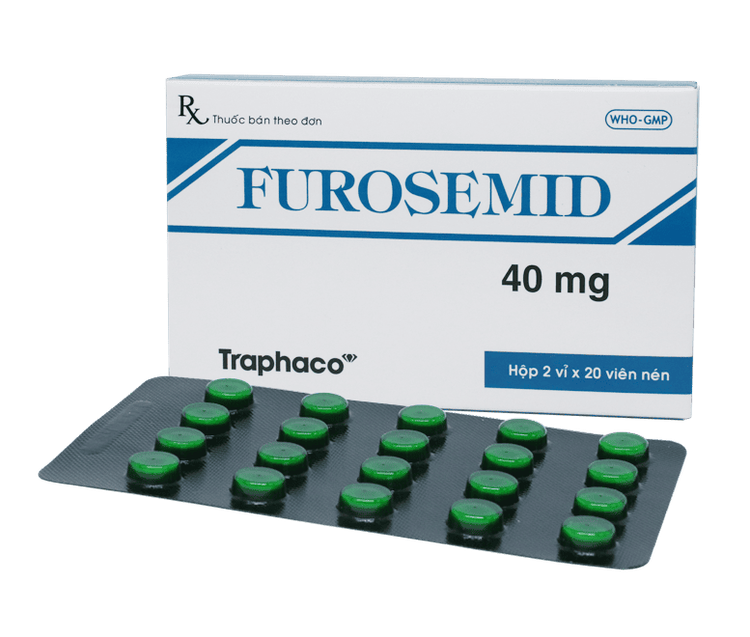
2.1. Stage of chronic glomerulonephritis without kidney failure For patients with chronic glomerulonephritis without clinical symptoms, it is only necessary to periodically monitor and vice versa, if clinical symptoms appear, then treat symptomatically. Specifically:
Treatment of edema: Eat light meals, limit fluid intake and take furosemide diuretics from low doses (40mg x 1 tablet / 24 hours) to higher doses, until desired urine output is achieved. about 1.5 - 1.8 liters per day; Treatment of hypertension: Use antihypertensive drugs When heart failure is present: Do not use beta-blockers, instead one of the drugs nifedipine, amlor, renitec, logimax, coversyl... If the patient responds well with ACE inhibitors (such as renitec and coversyl) can protect the renal parenchyma in the long term; Glomerulonephritis with nephrotic syndrome: In parallel with symptomatic treatment, it is necessary to control nephrotic syndrome with corticosteroids, cyclophosphamide... If the disease has an infection: It is necessary to treat with antibiotics, not combined with nephrotoxicity. 1 session lasts 7-10 days. In general, it is necessary to take the drug regularly, combined with periodic monitoring of both clinical and renal function. Absolutely do not use the drug without specific prescription and instructions of the doctor.
2.2. Stage of chronic glomerulonephritis with chronic kidney failure Besides controlling symptoms, chronic renal failure should be treated depending on the stage, for example:
Renal failure from stage I - stage II: Conservative treatment ; End-stage renal failure: Renal replacement.
3. Efficacy of drugs through experimental studies
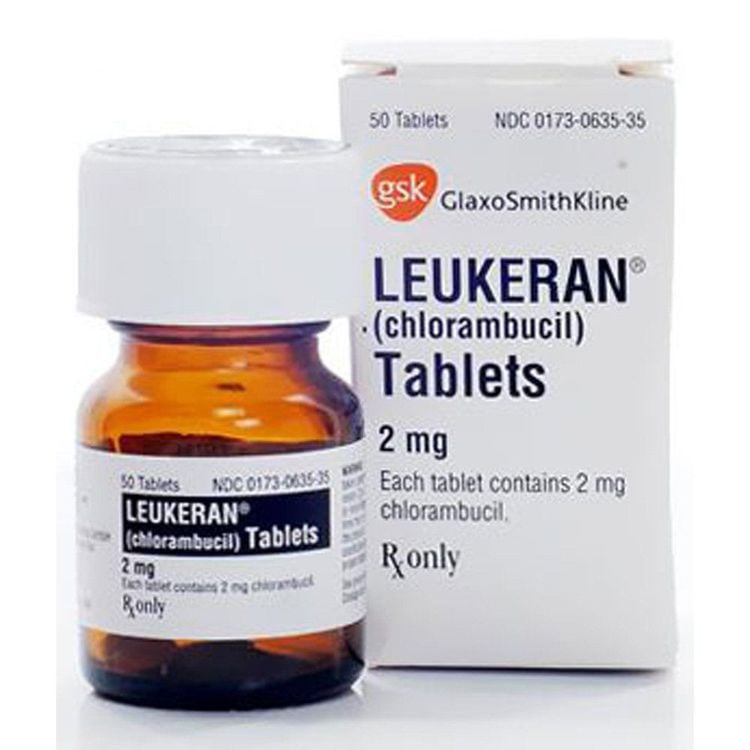
On the basis of controlled studies performed to date, some cases of idiopathic membranous glomerulonephritis, have been shown to improve outcomes in renal function parameters after 3 years of follow-up. Specifically, the patient received 6 months of treatment with chlorambucil (0.2 mg/KG/day) or prednisone (0.6 mg/KG/day), once daily for a period of 3 months.
In another controlled trial, patients with membranous hyperplasia type I received 1 daily dose of 225 mg dipyridamole and 975 mg aspirin for 12 months. The results reported showed an increase in platelet consumption returning to normal and stabilization of the glomerular filtration rate.
A third trial demonstrated that the combined use of cyclophosphamide (100mg/day) and prednisone (30mg/day) for many months was superior to prednisone alone (40mg/day), which improved improve the long-term prognosis of diffuse proliferative lupus nephritis (class IV, WHO).
Furthermore, there is some evidence that the progression of chronic glomerulonephritis, especially glomerulosclerosis, can be prevented by a low-protein diet.
Various drug trials show rapid development of treatments for chronic glomerulonephritis. Therefore, if the patient actively cooperates with the treating doctor, there is less risk of treatment failure.
Please dial HOTLINE for more information or register for an appointment HERE. Download MyVinmec app to make appointments faster and to manage your bookings easily.
Article references source: NCBI, Drugs.com






